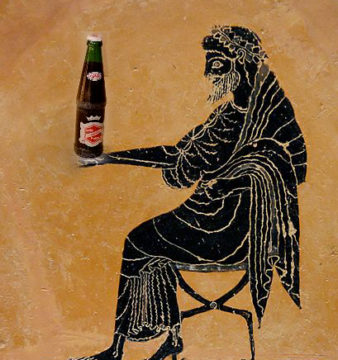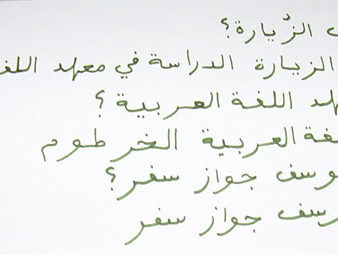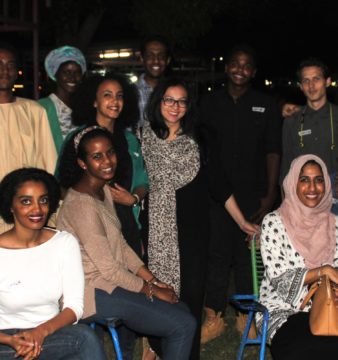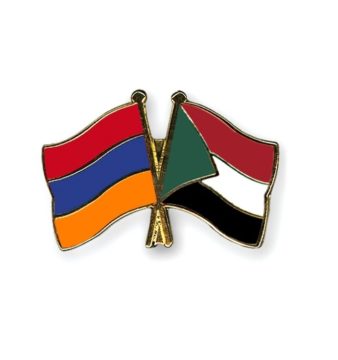A Khartoum Ramadan online
Every other week Rushaa Hamid looks at groups and people grappling with a Sudanese identity outside of the mainstream, publicised one. This week she looks at spending Ramadan online, away from Khartoum.
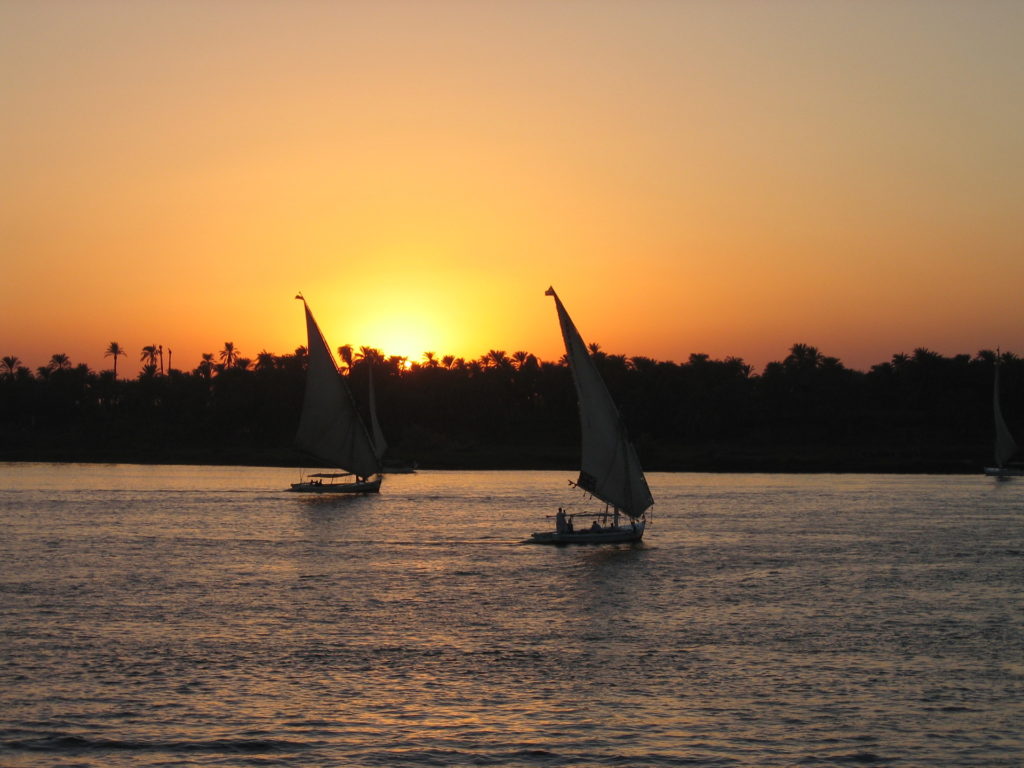
Sunset by the Nile (Photo by: Steven Griffin)
Khartoum is complicated to love; it can be both freeing and stifling at the same time. When I was 13 I came across a travel book that described the city perfectly – “the world’s largest waiting room” – a place were people are waiting on something or someone else to happen.
Khartoum, like all capital cities, is a hub of multiculturalism in Sudan. Dotted through the city are old Jewish shop signs, social clubs for different communities, Hindu statues in households brought over by a Grandmother from India, restaurants catering to each new influx of people. These mosaics of other places assemble together to create an environment that I, and many others, consider a true home – a place where in spite of the many issues you can find the comfort of belonging.
Recently I came across an article about how the Somali community maintain their ties in the diaspora. For them the internet, like all great modern inventions, pulls the globe together, shortening the distance and time between two points. Previously information trickled in from home – now you can WhatsApp or log on to Twitter wherever you are and instantly be connected with your compatriots, bypassing official channels to get the latest news. The online realm becomes a unique hybrid culture for the youth – English-based language, and new forms of decades-old jokes.
Online is a chance to feel temporarily back in that hometown environment, but one with a more refreshingly critical view. Recently #sudanesepeoplebreaktheinternet has been helpful, just for a chance to see familiar looking faces at a time when the UK is developing increasingly hostile attitudes to people it feels don’t “belong”. Wanting to fold into the ease of community in Khartoum over Ramadan, the internet becomes the closest thing to sharing those comforting feelings (even if it sometimes does glaze over everything in Sudan with rose-tinted glasses and a wave of nostalgia).
The last time I went to Khartoum after a five year absence the first thing my old teacher said when he saw me was “Of course you’re here – the Nile is in your blood, we always have to come back or we go mad.” In my father’s generation that absence was managed by filling evenings with stories, gathering together once every few months for food and amusing anecdotes, and perhaps most importantly by teaching those younger about anything that is deemed relevant even if it is something that doesn’t even exist anymore.
As part of a new generation there is a luxury of not having to wait for those brief chances to reminisce and we can learn pretty much anything from a quick google. Whenever there is a great homesickness we can find somewhere to be or someone to speak to or a photograph of a place we wish were were at. With the globalising force of the internet we are carving out a space for a new Sudaneseness that does not require a physical presence for a connection. Spending Ramadan there is almost like being home again.
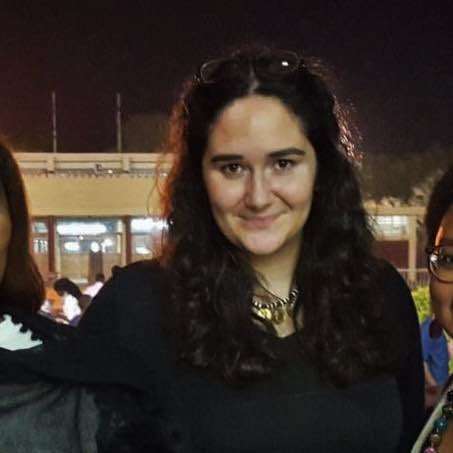 Rushaa is a (sort of) Sudanese writer whose work appeared in The Independent, BuzzFeed and Dazed. She can be found on Twitter or at her website.
Rushaa is a (sort of) Sudanese writer whose work appeared in The Independent, BuzzFeed and Dazed. She can be found on Twitter or at her website.

